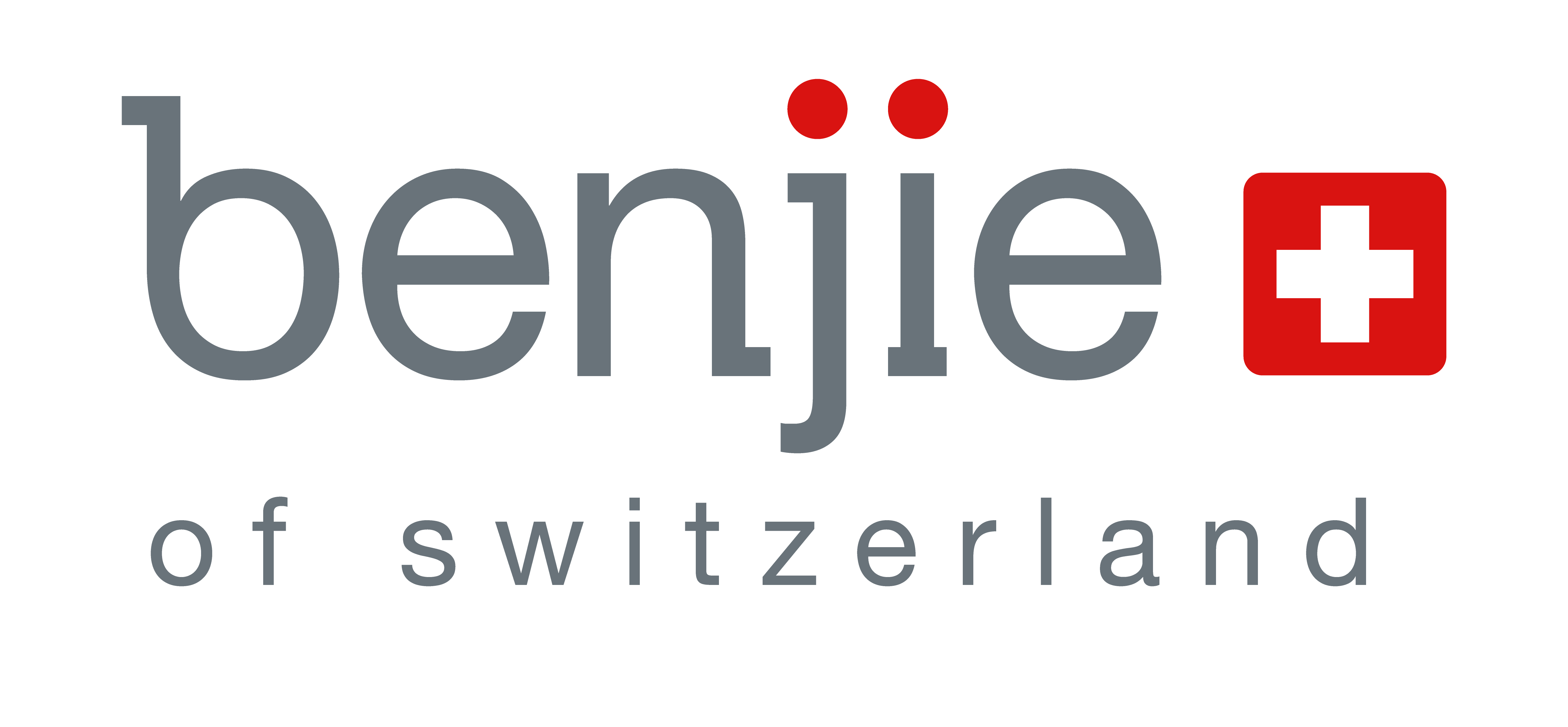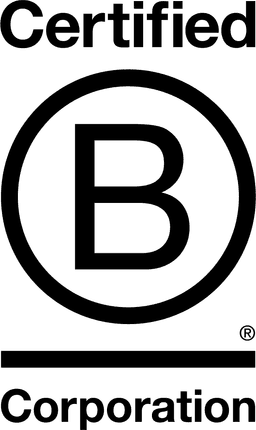

Benjie of Switzerland

1.6
Canton of Geneva, Switzerland
March 2022
Apparel
Wholesale/Retail
Switzerland
A small step towards a big improvement! Benjie of Switzerland is a beautiful adventure driven by the idea of combining the notion of entrepreneurial success with the common good. The goal of the brand is to help parents put better shoes on their children. "Better" means creating and distributing a shoe that benefits everyone: children, parents, the community, the environment, suppliers and of course the company. This desire has led Benjie to use only natural, traceable materials such as Italian, Spanish and Portuguese leather, virgin wool and recycled cotton. The shoes are handmade in northern Portugal. The environmental impact is thus limited and social regulations are guaranteed. In terms of distribution, Benjie has also made choices: Benjie creates its shoes for each age of the children according to the experience acquired with them in its Geneva boutique and on www.benjie.ch . The targeted development model favors proximity to customers and direct distribution. Benjie thus offers parents a unique solution: an excellent product, expert guidance and an original spirit combining solidarity, environment, sharing and optimism! It is this model that Benjie is working to expand in the future.
Overall B Impact Score
Governance 14.9
Governance evaluates a company's overall mission, engagement around its social/environmental impact, ethics, and transparency. This section also evaluates the ability of a company to protect their mission and formally consider stakeholders in decision making through their corporate structure (e.g. benefit corporation) or corporate governing documents.
What is this? A company with an Impact Business Model is intentionally designed to create a specific positive outcome for one of its stakeholders - such as workers, community, environment, or customers.
Workers 24.9
Workers evaluates a company’s contributions to its employees’ financial security, health & safety, wellness, career development, and engagement & satisfaction. In addition, this section recognizes business models designed to benefit workers, such as companies that are at least 40% owned by non-executive employees and those that have workforce development programs to support individuals with barriers to employment.
Community 17.2
Community evaluates a company’s engagement with and impact on the communities in which it operates, hires from, and sources from. Topics include diversity, equity & inclusion, economic impact, civic engagement, charitable giving, and supply chain management. In addition, this section recognizes business models that are designed to address specific community-oriented problems, such as poverty alleviation through fair trade sourcing or distribution via microenterprises, producer cooperative models, locally focused economic development, and formal charitable giving commitments.
Environment 31.6
Environment evaluates a company’s overall environmental management practices as well as its impact on the air, climate, water, land, and biodiversity. This includes the direct impact of a company’s operations and, when applicable its supply chain and distribution channels. This section also recognizes companies with environmentally innovative production processes and those that sell products or services that have a positive environmental impact. Some examples might include products and services that create renewable energy, reduce consumption or waste, conserve land or wildlife, provide less toxic alternatives to the market, or educate people about environmental problems.
What is this? A company with an Impact Business Model is intentionally designed to create a specific positive outcome for one of its stakeholders - such as workers, community, environment, or customers.
Customers 4.1
Customers evaluates a company’s stewardship of its customers through the quality of its products and services, ethical marketing, data privacy and security, and feedback channels. In addition, this section recognizes products or services that are designed to address a particular social problem for or through its customers, such as health or educational products, arts & media products, serving underserved customers/clients, and services that improve the social impact of other businesses or organizations.